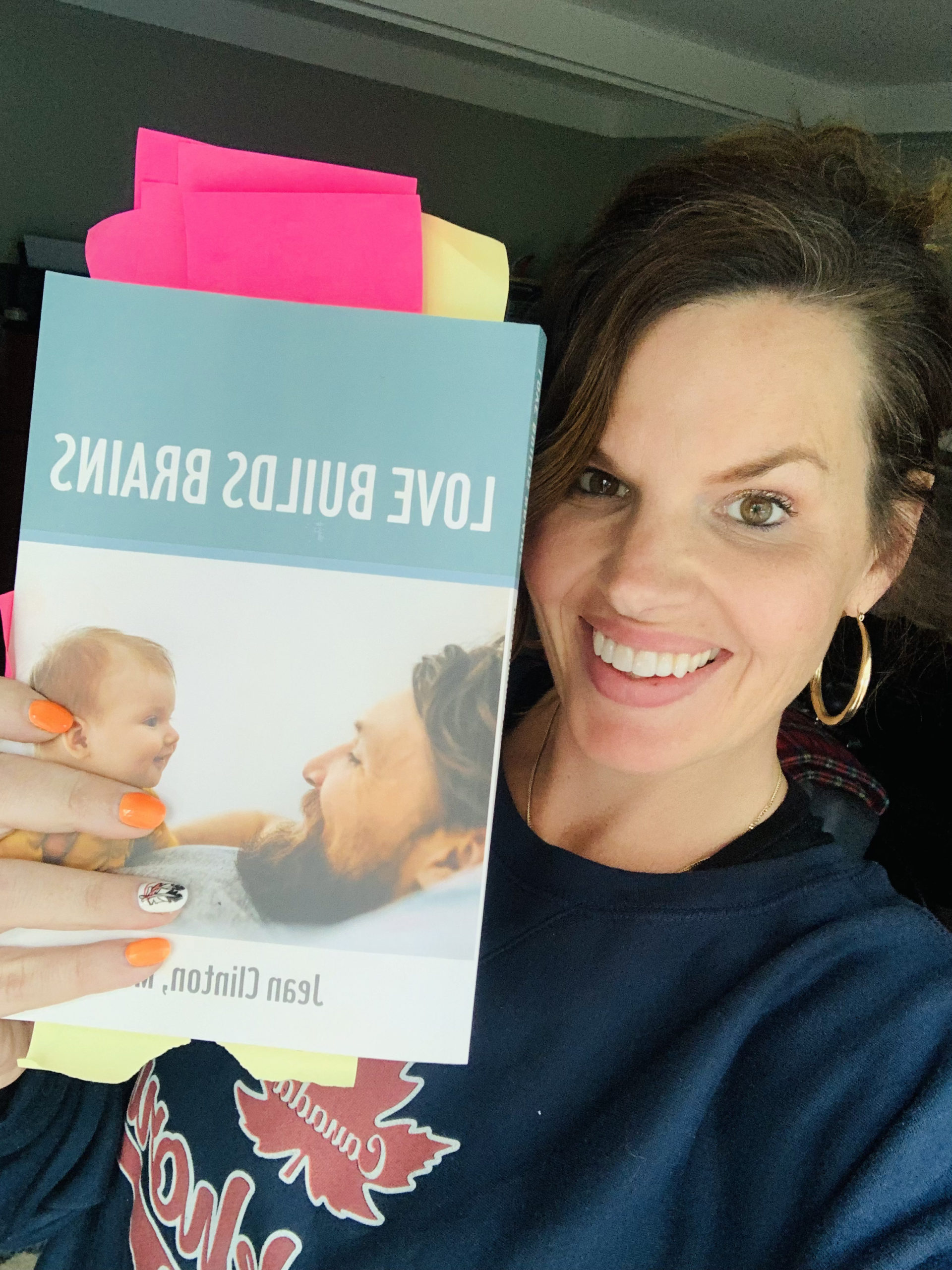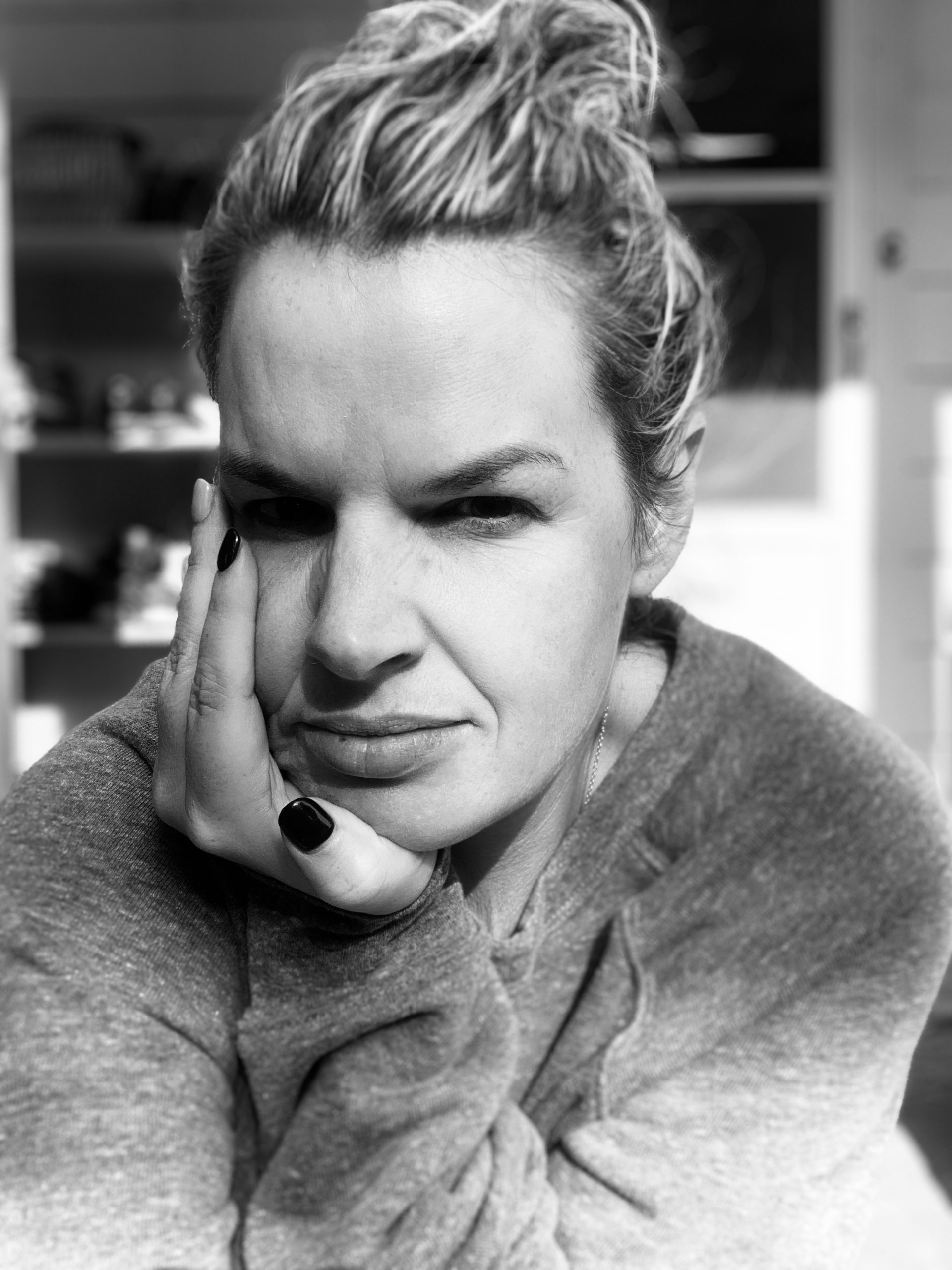“TimberNook began as an experiment in the backyard of one therapist, to make a difference in her local community. And now, right at this moment, a child, somewhere around the world is playing the TimberNook way.”
When I heard that one of the two Canadian locations of TimberNook was located in my community, I was very interested.
In aligning with my research in self-reg, I wanted to learn more about about this unique childcare approach.
Here is an excerpt taken from the TimberNook website that explains how the program was created:
Angela Hanscom had no intention of returning to work after her second daughter, Charlotte, was born. After six years of working as a pediatric occupational therapist in traditional settings (i.e., hospitals, schools, and outpatient clinics), Hanscom was ready to stay home and raise her two daughters. But that didn’t stop her from observing the world through a therapist’s lens.
Angela kept noticing that more and more children seemed to have poor balance and coordination, were weaker than they should be, and had trouble thinking in creative ways. Many of her children’s friends needed occupational therapy — something that was once considered a rarity. At the same time, it appeared that almost none of the kids in their circle were playing outdoors anymore. This growing trend both fascinated and scared Angela.
Out of curiosity, Angela started observing local schools and found results that would later rattle the country and even the world. Her impression had been correct. Children were noticeably weaker and their balance systems were significantly underdeveloped as compared with the children of previous generations. These physical problems also were manifesting in school. Teachers were complaining that children were getting more aggressive on the playground, kids were falling out of their seats in school on a frequent basis, and drastic modifications had to be made to the classrooms in order for children to pay attention.
Putting together her observations, Angela finally understood. Children weren’t spending enough time playing outdoors and it was starting to affect their sensory systems and quality of life.
Using her occupational therapy skill-set and ability to analyze activities for their therapeutic value, combined with her background in kinesiology — Angela set out to create a program that placed children outdoors while enhancing and fostering child development. TimberNook was born. In the first summer, TimberNook offered three, one-week camp sessions. They were all filled to capacity with 20 children each.
After just one week, the kids who attended the camp already showed signs of improvement. Some became more social, and others showed less anxiety when trying new activities or getting dirty.
A wildlife ecologist and a teacher wrote to Hanscom, expressing interest in the program. Parents started contacting her to sign up for future camps. The next summer’s program was inevitable.
Fast forward to the fourth year, and TimberNook summer camps filled up in a just one minute in early February. Parents were calling and begging for more sessions and camps. Local pediatric therapists were coming to observe the program and asking if they could replicate this unique concept and idea. It became so popular, that Angela decided to license TimberNook as a program.
Now in its eighth year, TimberNook has gained international attention. The camps are spreading to New Zealand, Australia, and across the United States as people are looking for a way to get children outdoors and enhancing their sensory systems in the most natural of ways.
TimberNook was never planned. Starting out as an experiment of sorts, it is now reaching children on both sides of the world. This is just the beginning of an amazing journey.
When I was invited to see the TimberNook program in action I was really excited, and it certainly didn’t disappoint. Watch the live video above and join in the conversation on Facebook.
About Our Sponsor
Compass Early Learning and Care is a progressive, non-profit organization that works collaboratively to provide excellent in earning learning and childcare. The richness and uniqueness of their learning environments are an invitation for both adults and children to truly discover the joy of learning.
Thank you to Compass ELC TimberNook Peterborough for sponsoring this post. All opinions expressed are my own. Click here to learn more about the TimberNook program.

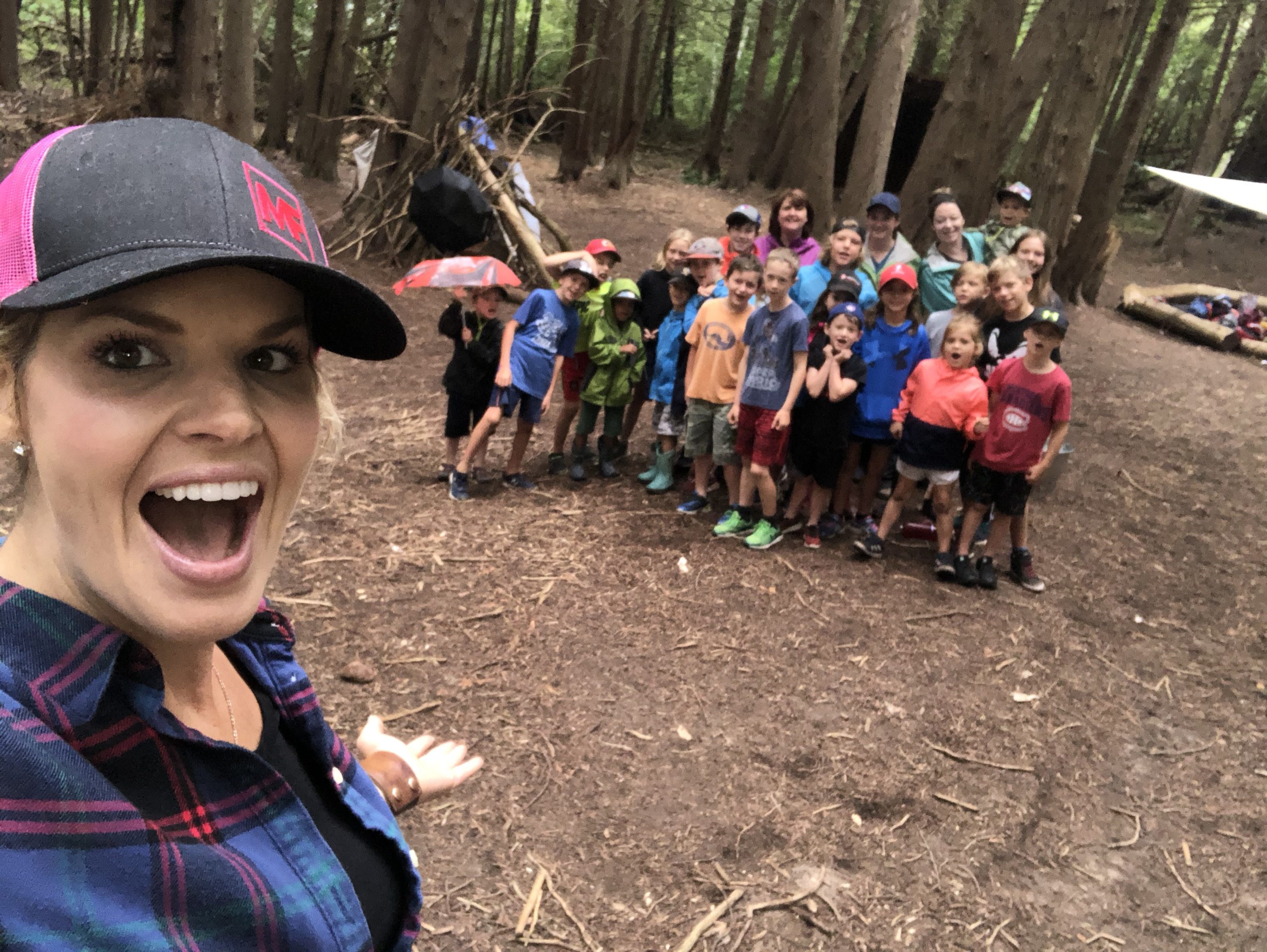
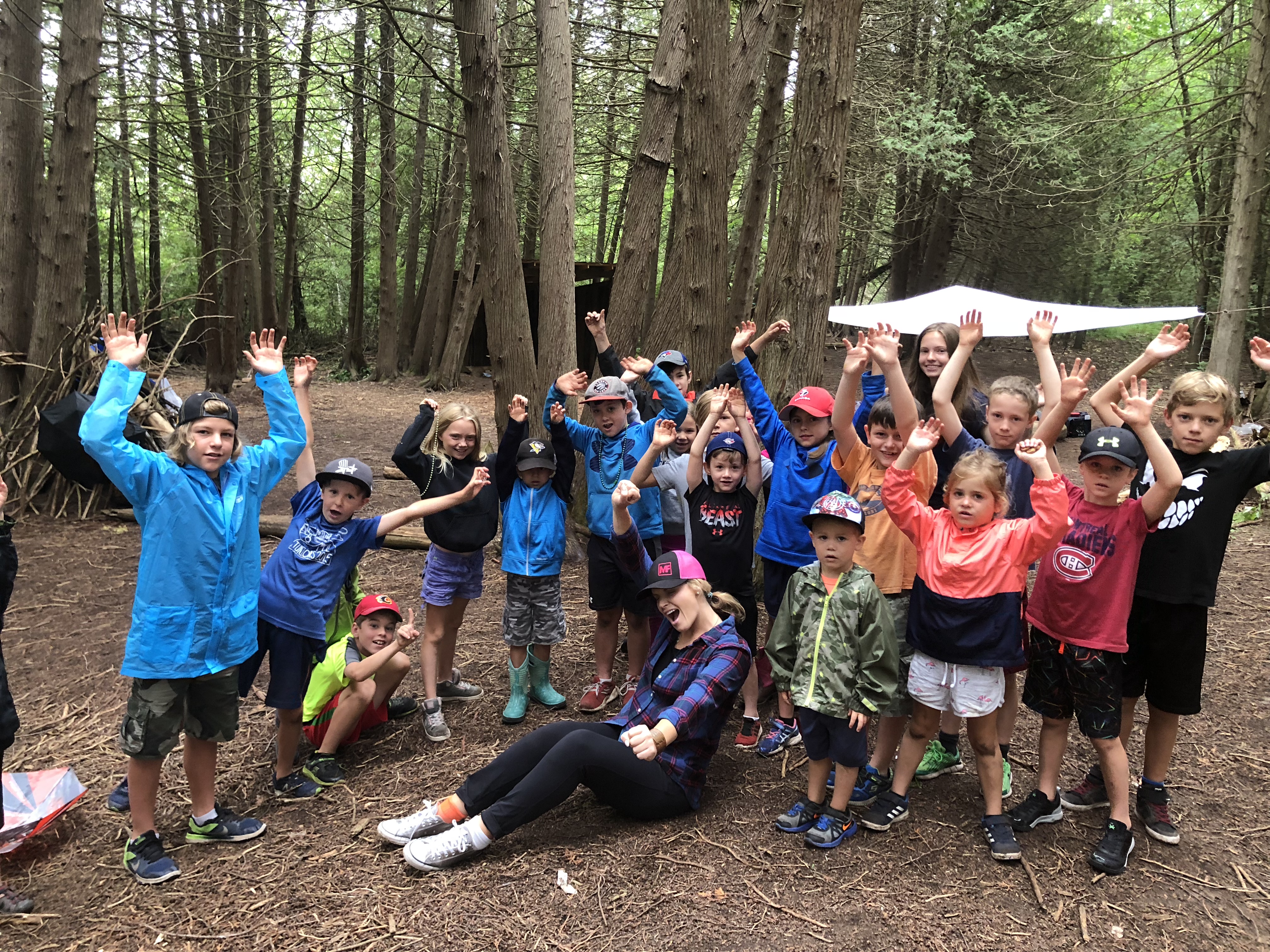
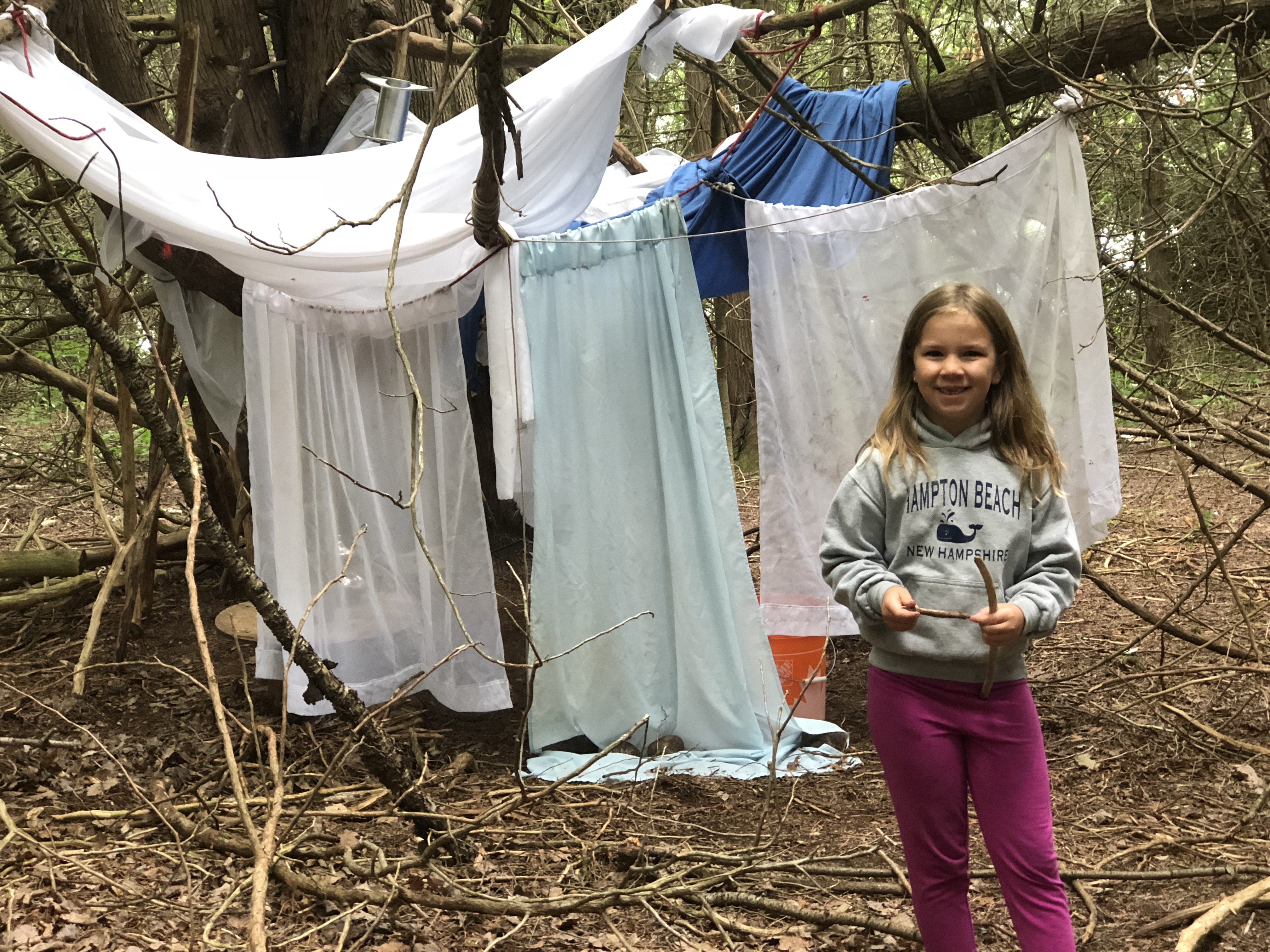
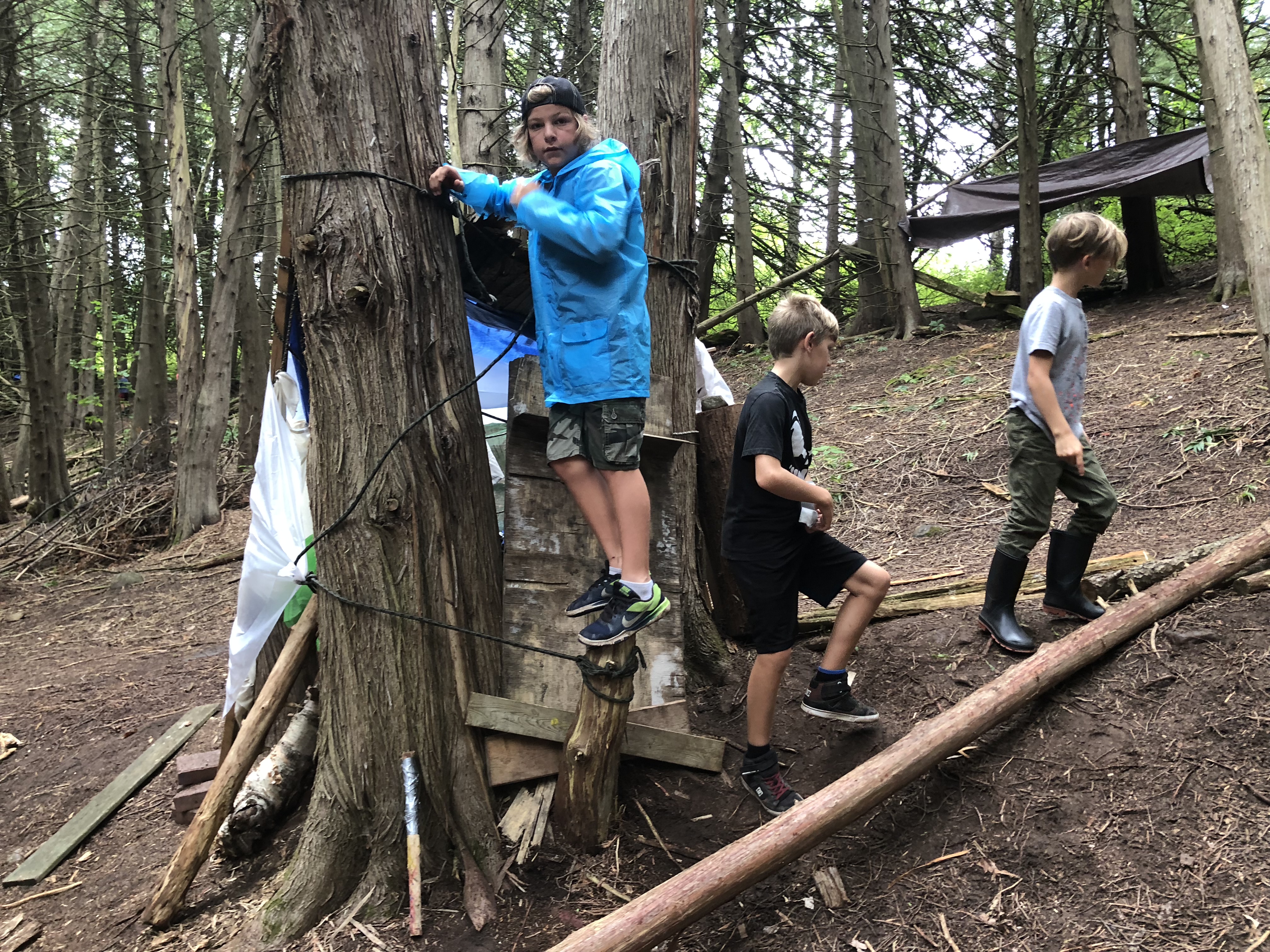
 Angela kept noticing that more and more children seemed to have poor balance and coordination, were weaker than they should be, and had trouble thinking in creative ways. Many of her children’s friends needed occupational therapy — something that was once considered a rarity. At the same time, it appeared that almost none of the kids in their circle were playing outdoors anymore. This growing trend both fascinated and scared Angela.
Angela kept noticing that more and more children seemed to have poor balance and coordination, were weaker than they should be, and had trouble thinking in creative ways. Many of her children’s friends needed occupational therapy — something that was once considered a rarity. At the same time, it appeared that almost none of the kids in their circle were playing outdoors anymore. This growing trend both fascinated and scared Angela. After just one week, the kids who attended the camp already showed signs of improvement. Some became more social, and others showed less anxiety when trying new activities or getting dirty.
After just one week, the kids who attended the camp already showed signs of improvement. Some became more social, and others showed less anxiety when trying new activities or getting dirty.